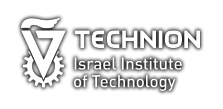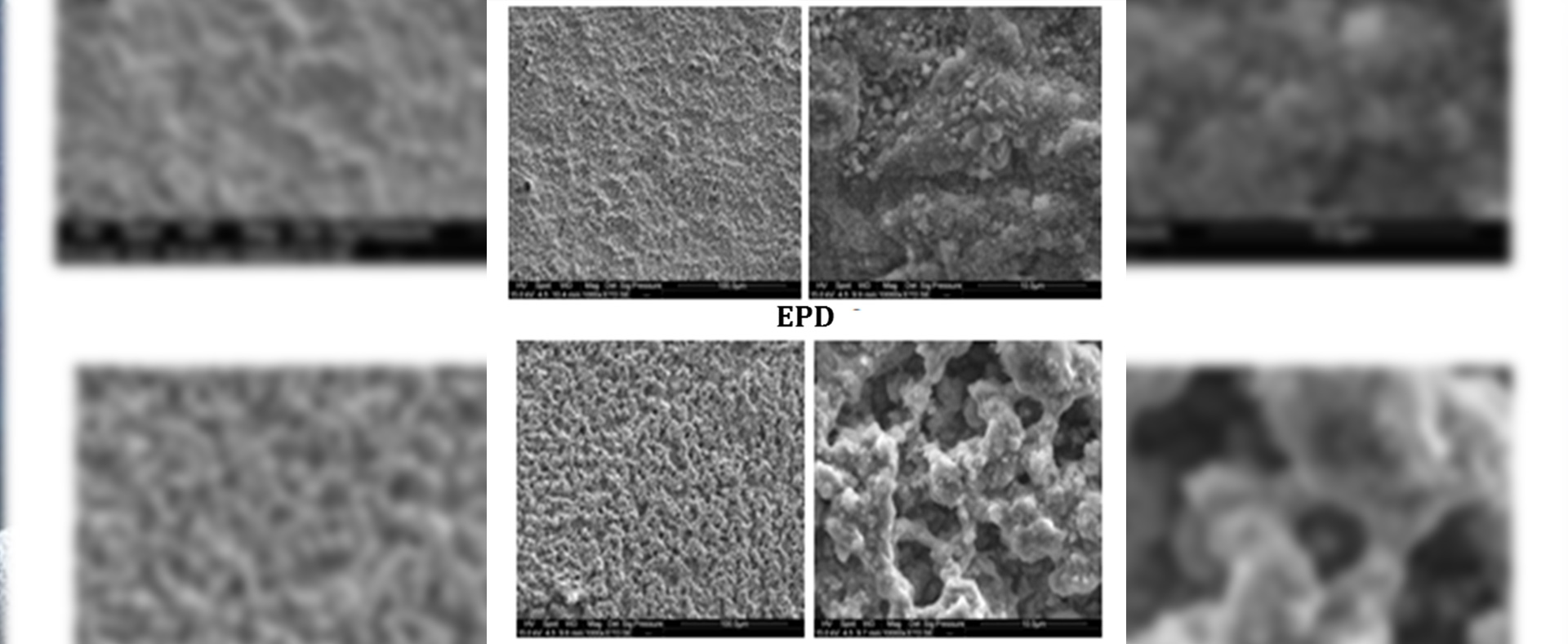Prior to any material application, one must consider the material’s stability in terms of corrosion behavior. In addition, in order to contribute solutions to the global energy crisis the Materials Science & Engineering Department at the Technion has several research programs in Electrochemistry & Energy. The electrochemistry related initiatives include energy storage devices, renewable energy technologies and energy conservation:
Energy and Environment
- Portable power sources: Li and Li-ion battery materials, metal air batteries, and materials for proton exchange membrane (PEM) based fuels cells (FC);
- Energy saving via Electrochromism;
- Water cleaning by an advanced oxidation technology (electrochemical assisted photo-catalysis);
- Solar energy conversion to electricity (photovoltaic cells) and fuels (photoelectrochemical cells and high temperature electrochemical reactors).
Corrosion Science and Electroplating
- Copper corrosion inhibition;
- Silicon rapid dissolution;
- Copper electroplating;
- Metals deposition from room temperature ionic liquids.


